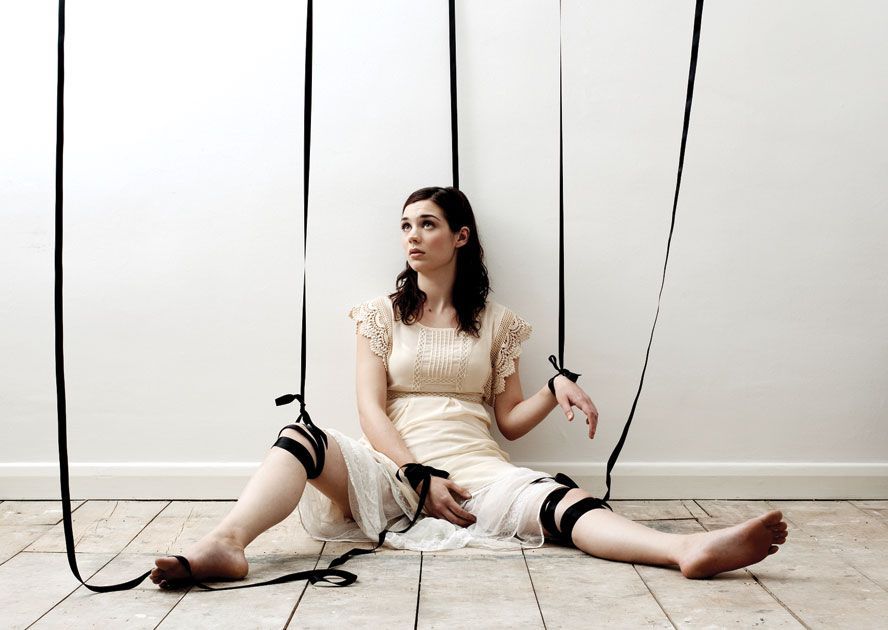(4) Projection
If we have cheated on a partner in the past, we will more easily develop paranoia that our partner will do the same to us. We project our own behaviour onto them. If we’ve cheated, we can see how easily it can happen, so we presume our partner is also capable of it. We become vigilant about seeing red flags.
(5) Relationship Health
If there are other aspects of the relationship that aren’t in a good place, we can often start to fear that our partner will want to move on from us. If you’re both experiencing money problems, regular conflict, communication issues, rebellious kids, career changes, etc, we can sometimes get anxious that things are falling apart. Seeing signs of cheating may just be your brain on the look out for signals of danger.
(6) Mental Health
We seem to be bombarded with cheating on our TVs, in celebrity gossip, in books, and on our radios. So, it’s not uncommon to sometimes have concerns about our own relationships. But if you’re finding your suspicions are continually interfering, not only with your relationship, but also with your work, your physical health, your concentration, your sleep and you’re ability to enjoy life, you might want to check in with a professional. There are a few mental health conditions that may be affecting your perception of your relationship. For example, you may be experiencing a specific phobia to do with relationships. Or it could be a type of anxiety or disorder like OCD. If you are finding your fears are constant and negatively affecting your life, check with a professional for some helpful advice.














